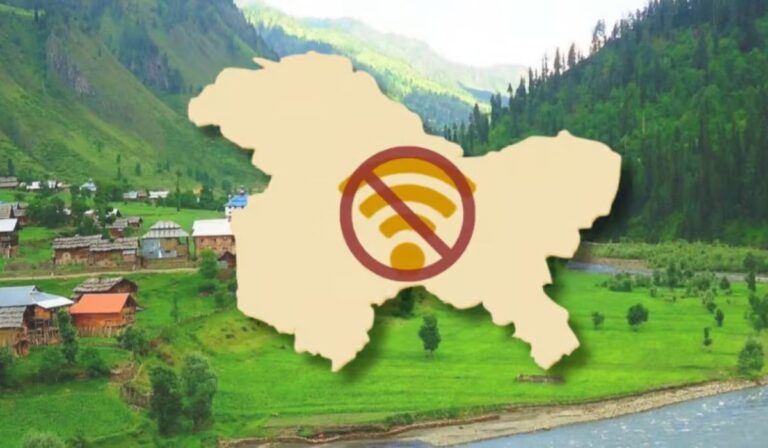The Ministry of IT & Telecom (MOITT) has finalized the draft of the “Infrastructure Sharing Framework,” which allows mobile and internet service providers to outsource and rent any of their infrastructure to focus more on their core businesses.
The ministry took almost two years to complete the draft.
The consultation process was initiated by the Authority to encourage the sharing of infrastructure and incentivize and facilitate high-quality telecom infrastructure development in the country by October 2020.
The working paper for the framework prepared by the ministry highlights several challenges faced by mobile operators as well as internet service providers.
They face challenges to expand their businesses such as delays in rolling out new network infrastructure, due to procuring Right of Ways (RoW), the operational cost, maintenance cost & Average Revenue Per User (ARPU), etc will be addressed by the new framework.
The ministry of IT has uploaded the draft on the MOITT website which is open for feedback from stockholders for 15 days, after which it will be forwarded to the federal cabinet for approval.
The ministry expects that the infrastructure sharing would promote resource optimization by better utilization of assets, avoiding duplication of network infrastructure, saving time & costs, and accelerating service rollouts.
Telecom network deployment involves heavy capital expenditure (CAPEX) and operational expenditure (OPEX) for operators and is considered as a major deterrent for network expansions.
The MOITT paper has said that infrastructure sharing enables operators to focus on the competition in the service layer regardless of the extent of the sharing.
The ministry maintains that the savings can facilitate mobile operators’ migration to next-generation technologies.How to Check Telenor Number
The working paper of the framework has highlighted that infrastructure sharing enables operators to focus on the competition in the service layer regardless of the extent of the sharing.
“It shall also facilitate domestic & Foreign Direct Investment (FDI),” the ministry has maintained.
The framework has identified two kinds of infrastructures. Active infrastructure sharing involves sharing the electronic network components including the Operational Support System (OSS), Business Support System (BSS), fiber and radio networks, etc.
The second one is Passive Infrastructure Sharing that are physical sites, buildings, premises, tower, power supply, battery, diesel, air-conditioning, etc.
The working paper on the framework has given an example of a study conducted in some European countries where the sharing arrangements indicate significant cost-savings that is up to 35 and 45 percent for both Passive and Active infrastructure sharing.
It has been highlighted that sharing of infrastructure will help the environmental sector too due to reduced emissions and adding to the reduction in a number of towers will add to the beauty of cities.
At the same time the customers too will benefit from provisions of new & innovative services, and improved coverage compared to few operators who have limited capability, the ministry maintains.



